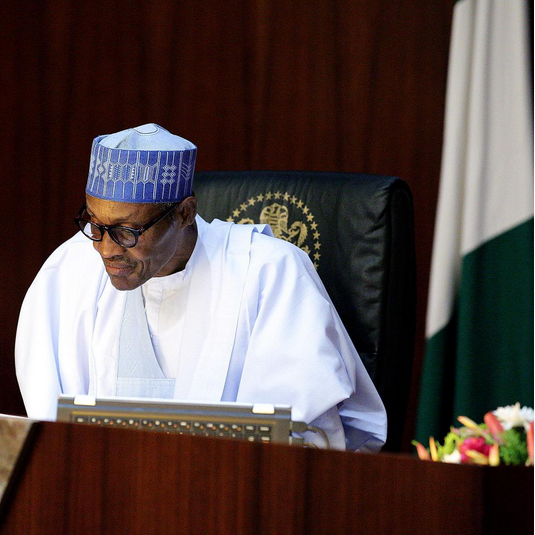In his loan request letter to the National Assembly last Tuesday, 25th of October, 2016, President Buhari said the external loan, will fund targeted projects cutting across all sectors with special emphasis on infrastructure, agriculture, health, education, water supply, growth and employment generation.
Other sectors, he said, includes poverty reduction through social safety net programmes and governance and financial management reforms, among others.
I was shocked when the Senate rejected the loan request, asking for all relevant documents to be submitted. I was wondering if the Senators are not keen about infrastructure, agriculture, health, education, water supply, growth and employment generation for the Nigerian masses.
With the kind of economic situation Nigeria has found itself, we have to decide where we want to start addressing the problem. The most critical point to start is to deal with infrastructure problem. If we deal with infrastructure problem, the cost of power, transportation and most other goods and services will be forced down on the long run. The development will have a significant impact on the price level in the economy.
The loan is important and the government needs to take advantage of the soft terms of the loans covering three years, to help address the huge infrastructure deficit in the country.
Since the loan is to be repaid in 20 – 30 years’ time, it would not be difficult for the country to repay and the Senate must take advantage of it to give the approval urgently.
From the information I gathered, $10 billion would be spent per annum for three years, targeted at building infrastructure in all states of the federation, with the main focus on power generation, rail and road renovation and construction. The projects, with special emphasis on infrastructure development, were in the agriculture, health, education, water supply sectors as well as those to facilitate growth in the economy and employment generation, poverty reduction through social safety net programmes and governance and financial management reforms.
The facility would help revive strategic infrastructure like railways, to smoothen movement of heavy goods across the country. With adequate infrastructure, the impact on the economy would be felt by all Nigerians, as the general price level would be brought down.
All these would make the cost of production in the economy much lower, while the cost of goods and services will be lower and inflation forced down. When inflation is down, monetary policy rate will be lower, translating to a lower lending rate.
The loan, which is within the acceptable Debt Management Office debt threshold of 19.39% for External Debt/GDP ratio and far less below 56.0% debt threshold for External Debt/GDP ratio by the World Bank’s, Country Policy and Institutional Assessment (CPIA), for Countries in Nigeria’s peer-group, respectively, is sustainable in the medium-term.
I also believe that the only quick way out of the present economic recession, which has thrown the masses into untold hardship and weakened all productive sectors of the economy, is by massive spending by the government.
And with the fall in oil production and its price, the only rational way for government to raise enough fund to exit the economy from recession is through external borrowing which has the advantage of long maturity profile, very little interest rate and creates large space for domestic borrowing by the private sector participants.”
I hereby appeal to the entire members of the National Assembly to put the nation and the masses first by rescinding their rejection of the loan plan by the Federal Government, in partnership devoid of party sentiments we shall make Nigeria great again.”




 Premier League
Premier League